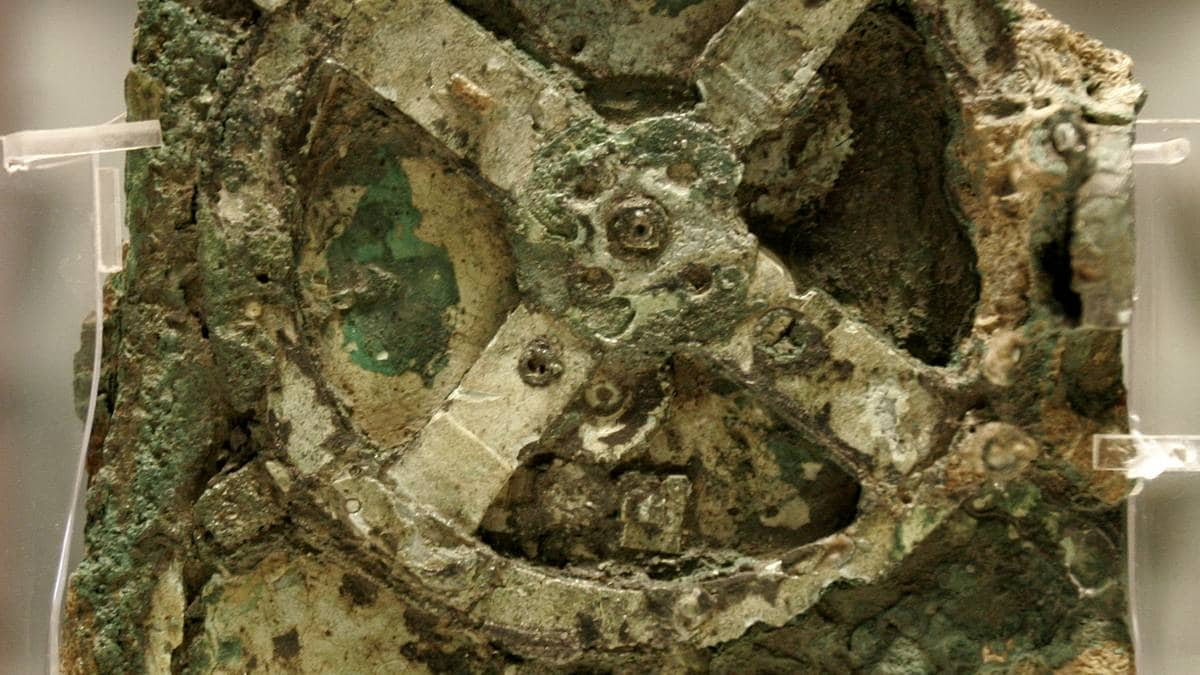Every year, the Norwegian Nurses Association (NSF) conducts a comprehensive membership survey of its nearly 130,000 members. There, employees are asked, among other things, about workplace conditions, how satisfied they are with the wages they receive, and whether they want to quit their jobs.
The survey findings will be published on Monday at 12 noon.
Here it appears that 17.7 percent of all active nurses who responded to the survey wanted to quit their jobs completely. And 14.7 percent said they wanted to change jobs, but would still work as nurses.
If this survey were representative of all union members, it would equate to about 15,000 nurses who want to quit their jobs.
The reasons are mostly low salaries and heavy workloads.
– 15,000 people wanting to quit their jobs is a very large number, the leader of the Norwegian Nurses Association, Lill Sverresdatter Larsen told Dagsavisen.
– This is in addition to a Nav company survey, which showed that 5,600 nurses lost their positions today, and more than 2,000 health workers. This is causing major issues around patient safety in care when so many people want to leave the profession altogether, and it is a national problem, he said.
Too bad the salary
Statistics also clearly show why nurses don’t want to stay in the workforce anymore. 39 percent stated that poor wages were the main reason.
– The simple answer to how we can overcome the employment crisis is to increase wages. While 25 percent also said they would like to work elsewhere, this is related to the fact that salary expectations do not match the responsibilities and downsides of the job, Larsen said.
Regarding demands for higher wages, most men stated this as the main reason.
– There are 90 percent women in this profession. We have now run many reputational campaigns to attract more men into the profession, and to say that salaries are not a political tool would be wrong.
He believes that in the short term, higher wages are the most important step in the fight to get more people into the profession.
– When it’s tough, you last longer with a high salary, and you should get recognition for the work you do. What we heard from our members who left was that they had experiences of not being recognized. They work with sky-high workloads and too often go home tired, and the pay is not commensurate with the responsibilities, risks and workload. That’s what’s devastating, Larsen said.
[ Kjære jobbdoktor, jeg vil jobbe i utlandet. Hva skal jeg gjøre? ]
Non-digital
Lill Sverresdatter Larsen also called for progress in efforts to digitize the healthcare sector, as a step that could address workload and recruitment issues in the Norwegian healthcare system.
– Digitalization of nursing services is not planned until 2035. National digitalization and the use of technology and AI, as well as better wages and working conditions, could increase capacity and help turn the tide.
In addition, there are too few managers in this service.
– We see that each manager in the nursing service has 93 employees under him, at the median. It is not recommended to have more than eight to fifteen people, and a maximum of thirty employees, to avoid too much distance between employees and managers. At the same time, it is very common for nursing managers to have 60-80 employees in hospitals, and even more in municipal services – often more than a hundred. You don’t have the opportunity to lead well, it’s hard work: that’s why many nurses are alone with a burden that is not only physical, but also psychological and emotional. They face a big dilemma, an ethical, life and death dilemma, but go home with no one to talk to.
[ Dette er dine rettigheter når du skal føde ]
– Dangerous road
Member surveys show a positive trend in one respect. Since 2017 until now, the number of permanent employees in this sector has increased from 62.9 percent to 74.2 percent this year.
– We need people to work full time, and that has been our goal for many years. But the survey still shows that nearly half of those without full-time jobs still have jobs that far exceed their share of existing jobs. This is the basis for advertising several full-time positions, which are important for employees, but also for the workplace by providing continuity and thereby increasing patient safety.
Saturday writing VG about how hundreds of vital operations were postponed due to a shortage of nurses.
– We are on a dangerous path. At the same time that the need for nurses is increasing, we cannot afford to train enough nurses, and we cannot afford to care for the nurses we have. There are already some cities that don’t have enough nurses to staff nursing homes, provide adequate home care services, or provide good enough labor and delivery services. This means that there are several cities that are already difficult to live in. This impacts housing, employment and business.
In addition, this also affects Norway’s readiness, Larsen believes.
– We have already seen how this affects emergency services and preparedness. This is the present tense. In the future, we must be able to retain all the people we train. It is a serious sign when fifteen thousand people will quit.
He pointed out that unions have been reporting on staffing crises both before, during and after the pandemic.
– Then it was said from a political perspective that we must maintain the reputation of the nursing profession. But there is marginalization of nursing services and we have to explain that you cannot talk about this alone. It is the responsibility of politicians and businesspeople to ensure a safe and good working environment, he said.
– One thing that is easy to do, that can be fixed overnight, is salary. This is immediate action that will bring in the nurses we need right now. So we must spend the next few years taking steps that reduce the burden, ensure professional management and professional development, also for nurses.
[ (+) Epidemiolog: – Vi har en veldig hard kontroll av smittsomme sykdommer ]
Always update yourself. Get the daily newsletter from Dagsavisen

“Music maven. Evil pop culture lover. Unapologetic creator. Friend of animals everywhere.”

:quality(70)/cloudfront-eu-central-1.images.arcpublishing.com/mentormedier/LFGXTKR7LMA67LABXW5Y5WC2YY.jpg)




